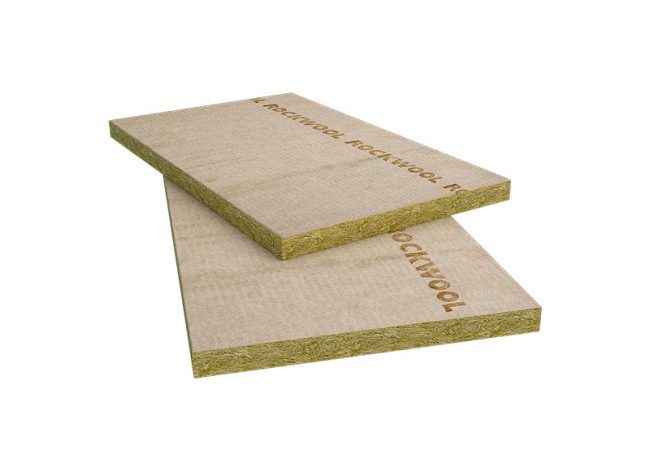Why Acoustic Insulation is a great workplace investment

A lot of the time, soundproofing is seen as a luxury and isn’t given the attention it deserves when designing business spaces and offices. A building’s structural integrity and spatial usefulness are often more important to architects and building experts than acoustics, but when people actually begin to operate in the spaces, acoustics begin to become an issue. People often wonder whether acoustic insulation is truly essential and if it’s worth the investment since money is the key issue for most company owners. We understand that.
Acoustic Insulation in a Nutshell
Soundproofing your home’s interior using an acoustic insulation board is an excellent approach to meet your acoustical goals while also enhancing the look and feel of the building.
Since sound isolation involves blocking off the sound transmission from one region to another or from one room to another, the word blocking could be more recognisable to those of you who aren’t quite sure what it implies. As an example, acoustic wall insulation may be quite helpful in rooms that are next to each other, or rooms that are located on the upper floors where acoustic floor insulation methods might be useful.
Protect Privacy and Quietly Discourage Outside Noises
According to the World Health Organization, road noise harms the health of almost one in three Europeans, while Hong Kong researchers found that noise is the most common cause of workplace discomfort.
Even if you remove this component, most individuals prefer their talks to remain private, particularly in the legal and medical fields, where confidentiality and speech privacy are critical. acoustic floor installation is often used in conference rooms where privacy is critical, whether from outside the building or inside the building and for within the building, since it may reduce the amount of noise in the room.
Reducing Office Noise
Your workplace may need insulation products if you look at it closely. We’ll start with the weakest links, which are the windows and doors in your commercial space.
1. Acoustic Door and Window Insulation
The number of panes and the kind of glazing used in the construction of a window have a significant influence on noise-blocking capabilities. Similarly, doors with a solid core are better at blocking sound, but commercial grade doors used within a structure are considerably more hollow and thin in their construction quality.
2. Acoustic Wall Insulation
In most cases, the exterior walls of the building where you work may not have appropriate soundproofing, depending on the kind of structure you are in. When the wall is thick and dense, this tends to happen more often than when it is thin and light. When it comes to acoustic insulation, even interior walls often fall short, with sound reverberating right through them. It is possible to insulate walls using a variety of techniques that will increase their density, allowing them to better withstand noise from the outside world.
Wrapping Up
Because sound may travel through the smallest of places, soundproofing your building is an important consideration that should not be ignored. Rockwool Flexi slab, for example, is one of the greatest materials on the market today, not only for its value for money but also for its utility. It’s well-known that happy workers are more productive, so don’t think of acoustic insulation as a luxury you can do without. It will be one of the finest investments you can make since your bottom line will considerably profit from it.
Discuss this with your contractor and have the correct sort of insulation installed, such as acoustic floor insulation or wall insulation, and an educated search will help you make the best decision.




